“Why are some gaming companies hated?”
To answer this question I will investigate key areas within each company, these being Monetisation, Reputation, Moderation, Production, each of these areas will help bring an understanding in as to why each company may or may not be hated, as stated before the 3 companies i will be investigating will be Rockstar Games, EA, Ubisoft.

The first company I will be investigating will be Rockstar Games, possibly the most hated of the 3, for various reasons of which I will discuss below.
Overview:
Rockstar Games is an American games studio founded in 1998 as a subsidiary to Take-Two Interactive (parent company) taking over BMG studios and all their assets when they where bought by Take-Two, they then continued on to produce extremely popular games such as Grand Theft Auto and Red Dead Redemption, making them billions over the years, Rockstar has also received many awards throughout the years, whilst simultaneously receiving loads of hate also.
Monetisation:
Rockstar Games is well known for its questionable monetisation methods, these being present in many of their games, the most overbearing of which would be their inclusion of “Shark Cards” in their most popular game Grand Theft Auto 5.

These shark cards are used to buy in-game currency with real currency, they are considered predatory by the community of the game that they are present in, as Rockstar has seemingly made it extremely hard to make in-game money without the purchasing of Shark cards, ways they have done this is by making in-game mission payouts incredibly low, whilst also locking the majority of the interesting content within the game behind a steep in-game paywall, many players feel forced to buy these Cards if they wish to see the best parts of the game they have already payed for.
Ontop of this, the prices for these Shark cards have stayed the exact same since they where introduced in 2013, even though the prices in-game have done nothing but rise since 2013, new content is released with higher and higher price tags each time, and the prices+payouts of these cards still dont change (meaning that more cards must be bought to buy newer content.)
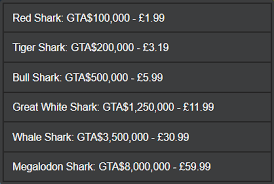
This may link too as to why Rockstar games is so hated as they have had many years to fix this issue but seem to refuse to do so, having prioritised the Cards over every other aspect of the game, bringing fans of which love their games to despise the company who made them.
Reputation:
Throughout the years of developing games Rockstar has had a steep decline in public relations with their fans, having originally made some of the most well respected games such as Max Payne, Red Dead Redemption, Bully, these games being widely considered as good games by the gaming community as whole, as of relatively recently Rockstars general reputation has been slowly declining, ever since their abandonment of Red Dead Redemption 2 online (2018) to further pursue monetizing Grand Theft Auto 5 Online. (2013)
Rockstar games has tried very hard to keep their reputation high with their fans, using platforms like Twitter and YouTube to connect with their fans and share new content/fix bugs and problems, but have been negatively responded too due to their favoritism on what they do and dont respond too, such as seen in the tweet below.
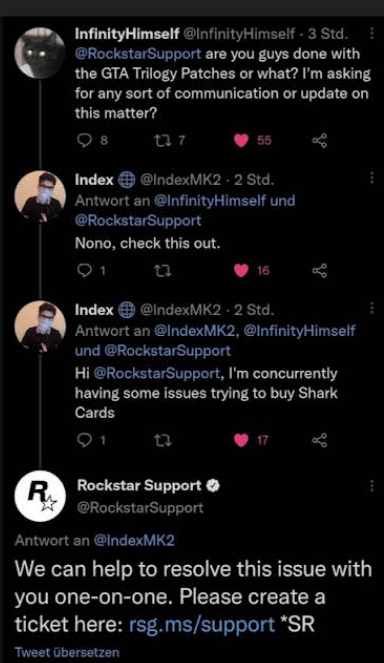
Rockstar Games is known to respond to problems their fans may have with things that will benefit them monetarily faster than any other report, this has negatively impacted their relations with the fans as it paints the image that they are unable to solve any problem that doesn’t involve money, this is not to say they dont respond to regular bugs and patch them, it is purely to state the fact they tend to reply faster to reports involving Shark Cards.
It is understandable as to why the fans may have a negative response to Rockstar Support/Games as they continuously prioritize profit over the fans which play their games
Moderation:
Another reason a company like Rockstar may be hated by the community of which plays their games would be the moderation system they employ, a system which simply isn’t sufficient enough to stop modders and hackers (player who may disrupt gameplay or vandalize servers which other players are in) from further hurting the gameplay environment, this is made all the more prevalent on the PC version of GTA online, which is seemingly riddled with modders and cheaters in almost every online session, making playing the game much harder and much more frustrating.
An example of the corrupted moderation system would be Rockstars reliance on Client-Side cheat detectors, which can be circumvented by the modders and cheaters, allowing them free roam within their games to cause as much chaos as they see fit, this combined with the fact that Rockstar almost immediately patches all money glitches (glitches which allow the players to gain large amounts of in game cash quickly) whilst also neglecting to patch any exploits within a reasonable time frame.

Another issue within the moderation side of Rockstar Games would be the termination of players accounts if they suspected them of money glitching or something similar, even if said players had never done anything of the sort, occasionally Rockstar will have “Ban Waves” which is a certain period of time where many flagged accounts will be banned consecutively, this would be acceptable and is a common practice within companies, but Rockstar seemingly tends to catch innocent players on a regular basis, some of which never fully gain back the data they lost (an even smaller amount who may have spent real money on the previously mentioned shark cards.) This same moderation system also seems to detect players who are forcibly given money by said cheaters to also be caught in the ban wave, further adding to the hatred that players may feel towards Rockstar.
Production:
One other reason Rockstar Games is often criticised is its unwillingness to create new games, this wouldn’t usually be a problem as the scale of their games is massive, with Grand Theft Auto 5 being the most expensive game of history (265 Million USD.) With that being said, taking into consideration how long these games take to make it is still baffling as to how the general player-base has heard nothing of the new Grand Theft Auto 6, even after it being 9 years since the last GTA games release.
This may fuel hatred within the player base because it presents the image that Rockstar Games would rather continue to monetize a 9 year old game rather than make an entirely new fresh one, this is made even more prevalent when the discussion of Red Dead Online is brought up, a game which has been abandoned by Rockstar due to its lack of income, at-least within comparison to its notable cash cow GTA 5 online, combined with the fact that GTA 5’s story mode was supposed to have numerous DLC’s but when Rockstar discovered they may not be as profitable they scrapped said DLC’s and continued with Online.
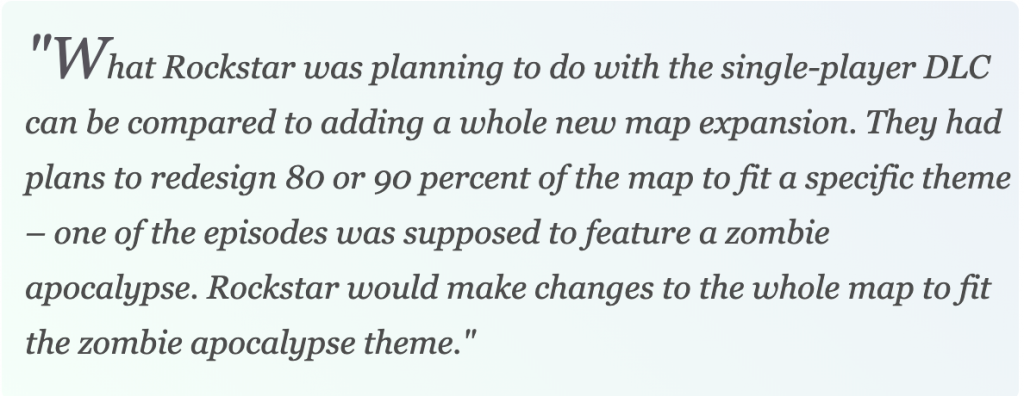
Rockstar is a company which is known for it’s Crunches (Crunches are mandatory overtime set by the studio if they believe the deadline won’t be hit at the current rate, they can last weeks/months and even years.) Having notoriously crunched on Read Dead Redemption 2 for long periods of time, having staff put in extra work-nights and extra hours to complete the game within the set time schedule, the gaming having to be delayed several times due to its size, this can be attributed to Rockstars need for deadlines, something that the community tends to dislike, as they don’t like the mistreatment of game developers.
Conclusion (Rockstar games)
Rockstar games is disliked by its audience for many different reasons, the main one being monetisation, this helps me understand and grasp the reason as to why the same audience who support this studio when it releases a new game, also despise it simultaneously due to its shady and exploitative business practices, this may be a common theme when investigating the next 2 studios.

Overview:
Electronic Arts is an American games company founded in May 27, 1982, being the second largest gaming company within America and Europe, just behind the next investigated company and just ahed of Rockstar in terms of revenue, they are also known to be heavily criticised by their fans and the wider public, for their shady monetisation in their games and their tendency to put content behind paywalls.
Monetisation:
Electronic Arts is known for its shady and exploitative monetisation techniques, such as their steep in-game paywalls, their in-game coins monetisation, and their predatory Loot-box mechanics.
EA’s in-game paywalls have been a problem within their games for quite some time, putting in-game content that was commonly promised to the consumers in Trailers and snapshots before release behind in-game paywalls, (Which often or not require hours of grinding to even acquire) The most controversial of these paywalls would be their decision to put Darth Vader behind a paywall upon release in Star Wars Battlefront II, with players deducing that it would take around 40 hours of in-game gameplay to unlock the credits necessary (60,000) to unlock Darth Vader and his equivalent Luke Skywalker, after a harsh amount of backlash EA eventually cut down the prices of all heros by 75%, before eventually caving into pressure of the fans and making them available to all players.
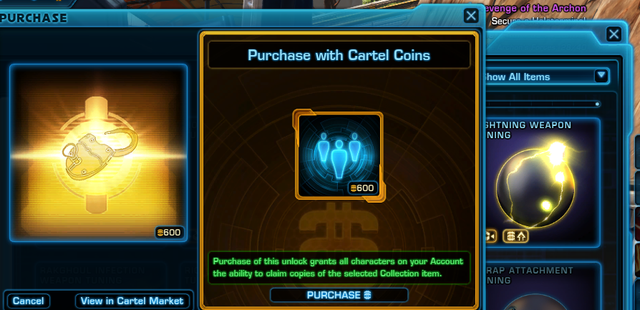
EA’s in-game coin monetisation is also another aspect of their games which is heavily criticised by the fans as they are often seen to riddle their games with microtransactions such as Fifa coins, Fifa Packs, Mass Effect Loot-boxes, all of which can be bought with real life money, with EA being exposed for actively pushing players towards the Fifa Ultimate Team (a gamemode which makes them massive revenue due to its need for in-game coins to buy characters) and away from other gamemodes, which is one of the reasons EA has earned its distinct reputation as a greedy soulless corporation, EA often incentivises players to spend Real Life money to unlock any of the more interesting content within their games, many players find themselves having to do so as to avoid an endless grind.
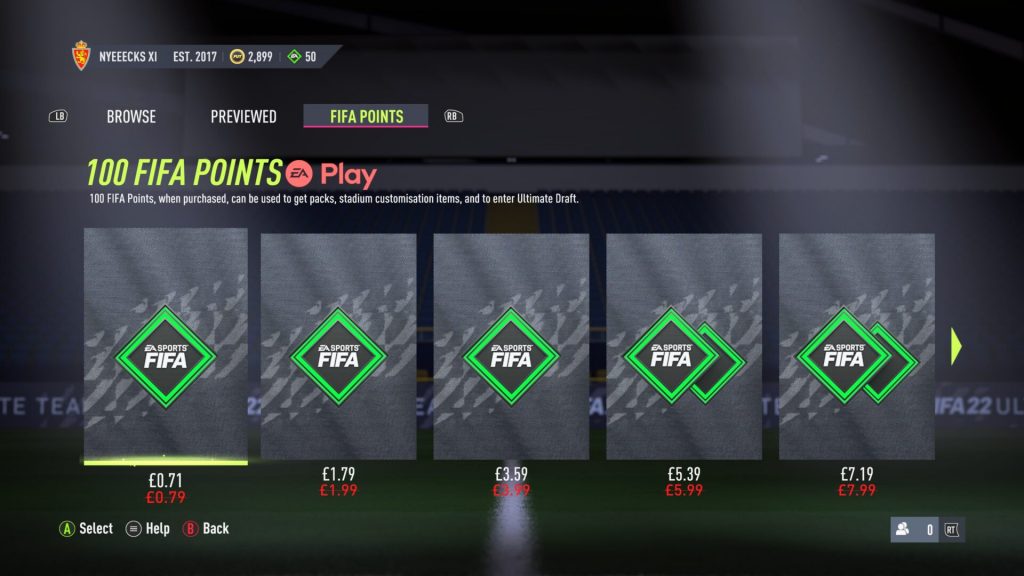
Loot-boxes are quite possibly what EA is known for the most, being the single most controversial thing they have ever implemented into their games, EA is also known for kickstarting the new wave of monetisation that plagues modern games (this being randomly generated loot based loot-boxes, which are more often than not easier to be acquired through real money than in game gameplay) whilst this may or may not be true it is obvious that the impact of their games is widespread, Loot-boxes have appeared in many different EA games such as Mass Effect, Battlefront II, Fifa, being controversial in some regard in each of their appearances, the main problem with these loot-boxes is more often than not the player will get little items of actual use when opening said loot-boxes, and since they are entirely dependent on RNG (Random Number Generator) the player could open 100 loot-boxes and get virtually nothing of note, even after spending countless hours grinding, the introduction of loot-boxes wouldn’t be a problem if the best rewards weren’t usually locked away inside them (which they usually are) on-top of this EA makes it abundantly easy to buy these loot-boxes with real life cash.
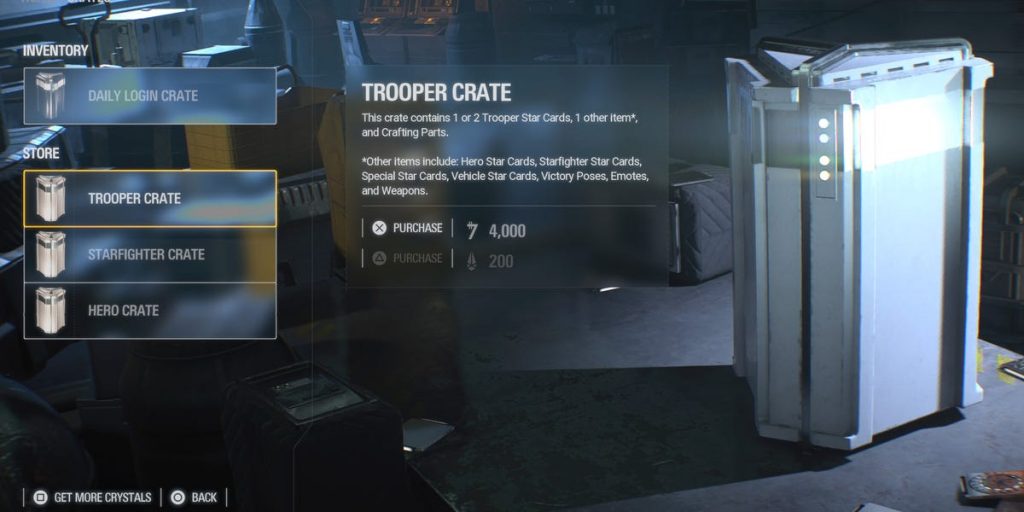
EA went to court for the unethical nature of their loot-boxes in 2019 as they where suspected of being gambling for children as kids could actively play their games and buy these loot-boxes with ease, getting them hooked, the court hearing can be found above, in which they attempt to defend these loot-boxes by calling them ‘Surprise Mechanics.’ and never truly answering the question they are posed, which is ‘Are they ethical.’ and actively avoiding the use of the word Loot-box.
Reputation:
Electronic Arts reputation has never particularly been very good with the fans, having had many different controversies throughout the years, many of which have been caused by the complete negligence that EA continuously shows to their fanbase, having rather choosing to blatantly prioritise profit over user experience, monetising their games so completely that players feel they often play at a disadvantage if they aren’t buying into EA’s business model.
Moderation:
Production:
Conclusion (Electronic Arts)

